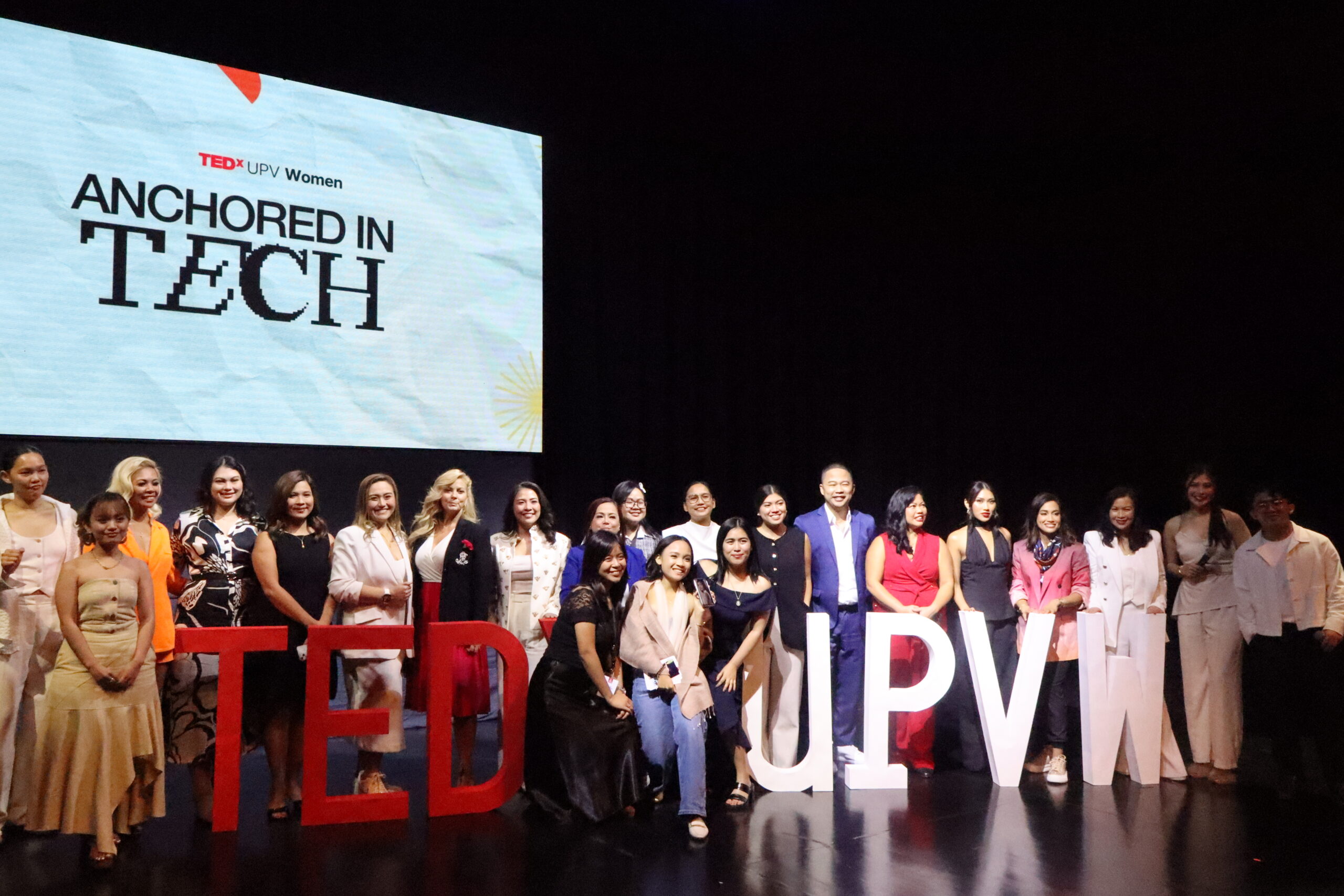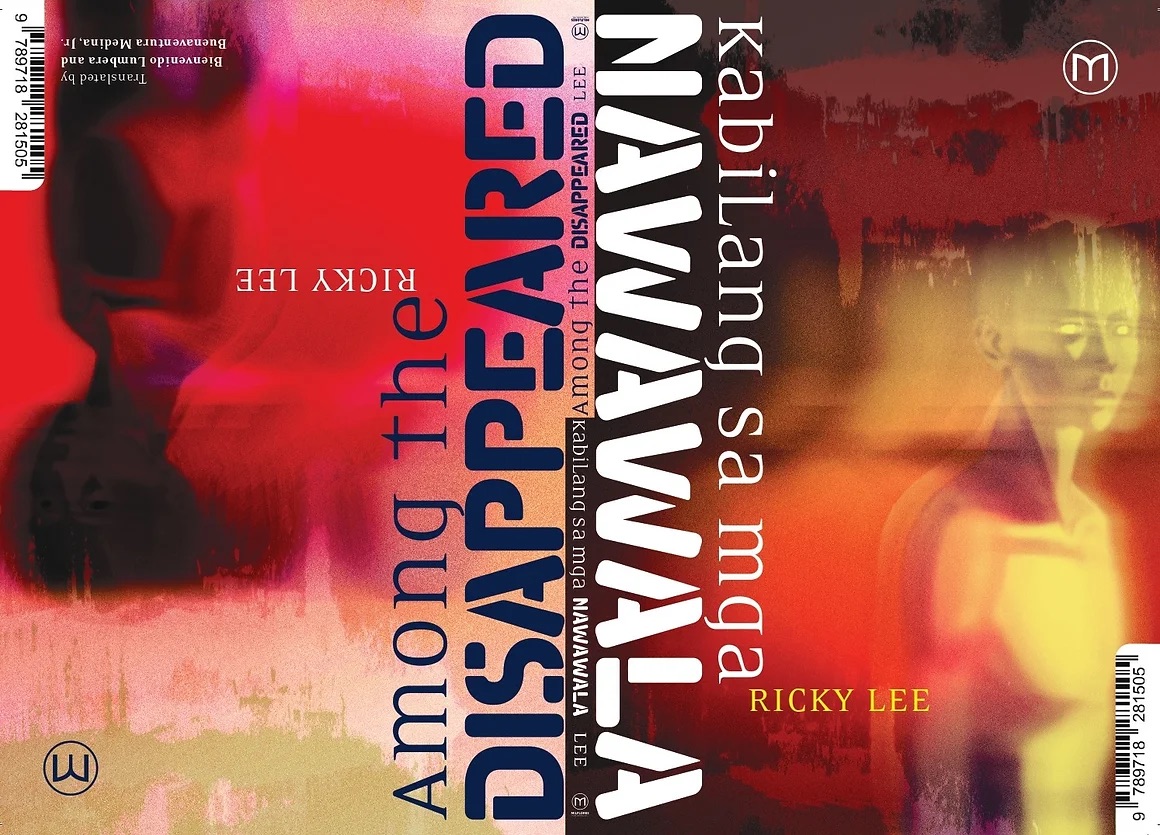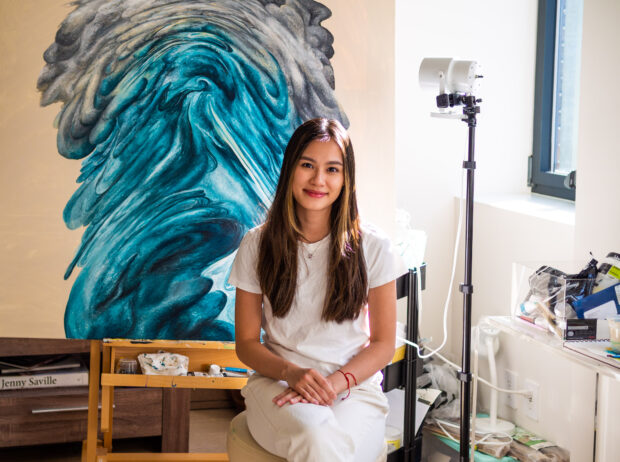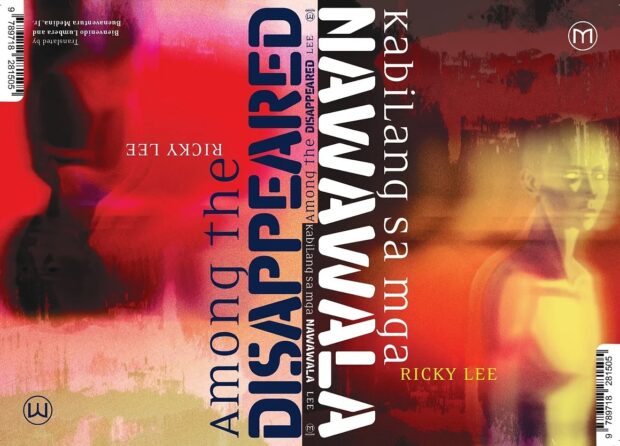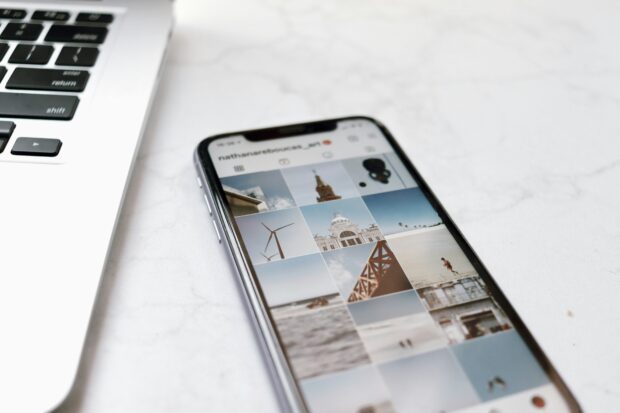Inquirer and Globe Telecom have partnered to provide safe spaces for people to talk about mental health. Part of the campaign is the #StartANewDay webinar series.
The first, which was for millennials and Gen Z, was broadcast on Inquirer.net’s Facebook page July 2 and was watched by thousands of people across the Philippines and as far as the United States and Canada.
“#StartANewDay: Let’s Talk About Mental Health (Insights for Millennials and Gen Z)” featured a panel that included Sen. Risa Hontiveros, who championed the Philippine Mental Health Law; Dr. Angela Cuadro, a psychiatrist; R&B singer-songwriter Kiana V; #MentalHealthPH cofounder Roy Dahildahil; and Dr. Gia Sison, national adviser of the Youth for Mental Health Coalition and head of Makati Medical Center’s Women Wellness Center.
What took place was a much-needed conversation during an incredibly challenging time for everyone.

Here are some lessons we learned from the panelists.
Kindness goes a long way
Dr. Sison said, “In the advocacy of mental health, it’s not only self. We also have to think of community care. That’s really the heart of the advocacy. And in a period where everyone might feel some form of distress, we need to be more kind to others, and more importantly by ourselves.”
Compassion is important
“We must take care of ourselves, and we must look out for each other,” said Hontiveros. “Reach out. In empathy for your friends and family, reach out. We must hold on to compassion for each other and ourselves, amid all that is happening. Remember that your mental health will always matter. You will always matter.”
Self-care is not selfish
“Investing on mental health can change people’s lives, save people’s lives,” said Dahildahil. “I want to emphasize that self-care is not selfish, what you’re feeling is valid and know that there’s always help.”
Working from home? Set physical boundaries. “I set a certain space na dito ako magtatrabaho kahit gaano yan kaliit,” Dahildahil said. “This is my work station, then this is my space where I drop all my work and where I read. There’s also another tip—take a bath, change into normal office wear. It helps some go into the mindset that they’re in the work zone.”
Having a routine helps
“The most basic in terms of neurophysiology is to maintain a routine. That already helps regulate,” said Dr. Cuadro.
When using social media, ask yourself what, how and why
“Be mindful what content you are sharing,” Dahildahil said. “Ito ba ay totoo? Ito ba ay fake news? Ito ba ay nakakatulong sa tao sa paligid mo?
“What content are you consuming? Be critical about the content that you are consuming. Also, be mindful of how you are sharing. Emotions are contagious. Misinformation is also contagious…
“Self-check muna. Anong epekto nito sa akin? Masyado na ba akong naaapektuhan nito? Nakakapagtrabaho pa ba ako? Be mindful of the why. Why are you using social media? Is it a means to express? To connect? To inspire people? To gain information? Am I being too affected by social media? Am I seeing too much negativity and anger? Am I still able to work? If you realize that social media is no longer helpful to you, it’s okay to take time off. Take a digital detox.”
The task is to temper
Dr. Cuadro said, “Perhaps we can call this the social media age, in the same way we had the Stone Age . . . When they first discovered fire, it was revolutionary. They can cook, they can warm themselves and survive the harshest winters. But of course, they can get burned with it. It’s the same. We are now in the social media age so we can treat it that way. The task is to temper, to regulate. And the prerequisite is awareness.”
Awareness is key, said Dr. Cuadro. “What makes you uncomfortable? How does this affect you? How do you feel it? What does it make you do?
“Shift the focus to internal. What does it mean for you when you’re overwhelmed? Know what overwhelmed, what hurt feels like to you. Allocate time to know and learn about how you experience depressive and anxiety symptoms. Where do you feel it in your body? How does it talk to you in your thoughts? How does it urge you to behave? And this is, in a way, part of health education, in the same way that in this pandemic we try to learn about flu-like symptoms.”
Loneliness is part of the human experience
“We are now discovering new ways of feeling lonely, new ways of feeling vulnerable. It’s not a comfortable process, but it is at the core of the human experience,” said Dr. Cuadro.
“Given the pandemic, we used to have coping mechanisms whether they’re healthy or unhealthy. We have to find ways to explore new coping mechanisms. Remember that these are virtual spaces but we keep real communication. We have virtual clinics but actual therapy. Just go back to what’s at the core of the human experience.”
Want to help a friend who’s struggling? Be willing to be uncomfortable with them
“Sometimes maybe we don’t feel as comfortable helping out or reaching out or sitting with friends or loved ones going through discomfort because who wants to sit with discomfort, right?” Dr. Cuadro noted.
“It starts with a willingness to be uncomfortable together. We might not be able to promise solutions or promise getting better but definitely there is something we can do to help our loved ones gain awareness or maybe figure out what resistance there might be to awareness. That something workable,” she added.
The task is to take things one day at a time
Dr. Sison said, “I think it’s about time that we take each day one day at a time. We always say, baby steps. Celebrate your small wins. Small wins may mean you were able to exercise for 10 minutes today. Nothing is too small.”
Your parents (and your family) are always there for you
“For us parents,” said Hontiveros, “we never forget how much we love our kids, mula nung baby sila na pinanonood natin habang natutulog to make sure humihinga pa din sila.
“For the kids, always know how much we parents love you. At the same time, for my fellow parents, to take to heart ’yung pagrespeto sa privacy ng mga anak natin. So we observe, we’re always present, we always love and at the same time we respect their privacy. Kids, your parents, we’re always here. Sa ayaw niyo at sa gusto, all our lives we’ll be here and mahal na mahal namin kayo.”
Anchor on hope
“I hope despite these difficult times, we all anchor on hope, because just like anything, although we don’t know when this is going to end, this will pass, this will be over. Let’s just make do with what we have and let’s work toward that common goal on becoming again, a better and just society,” said Dr. Sison.
Hontiveros added, “When we’re observing the health precautions that ask so much from us . . . Malaking sakripisyo to ’di ba, yung hindi tayo pwede magkita, magsama- sama physically, magyakapan . . . “I think one thing that comforts us and could help each other lighten the darkness that we seem to see in the future is to answer the questions, ‘What is all of this for? What is all this sacrifice for?’ It’s to keep each other safe, physically healthy from the virus and going back to the hope . . . Lilipas din ito. We will eventually come up with a vaccine, there will eventually be a cure for COVID-19 (new coronavirus disease) pero kailangan magsuportahan tayo until that time. We just have to go the extra mile for each other right now.”
Need a dose of hope? Join Hope Bank (facebook.com/groups/HopeBankPH), Globe’s Facebook community where people can share and read messages of positivity and encouragement.
Let people in
“It is very hard to take that first step to kind of open up and let someone know how you’re feeling,” said Kiana V. “But it’s much more helpful than to just keep it in and to hold those those may be dark thoughts or, or uncomfortable feelings to yourself. My advice is to really really to let your loved ones love you.”
Help is available
There are psychologists and psychiatrists (a number of whom are offering online therapy). But if budget is a concern, there are also free services you can avail of.
“Our target is that the price or cost should not be an obstacle to seeking help,” said Dr. Cuadro. There’s Globe and NGF Mindstrong’s Hopeline 2919 which is a 24/7 hotline; UP Diliman’s PsycServ (text or Viber 0906-3743466, 0916-7573157) to schedule free telepsychotherapy; or the National Center for Mental Health Crisis Hotline (tel. 0917899USAP/8727) or 0911-7989USAP/8727).
Just because you need help doesn’t mean you can’t help, too
“For a lot of people, wanting to help other people is part of their journey toward healing,” said Dahildahil. “They’re in the best position to understand that kind of problem kasi napagdaanan nila.
“Be honest about what you’re going through, inspire them (by telling them) kung ano ’yung nakatulong sa ’yo. It’s good that you share to break the stigma that it’s not ok to talk about it.”
“#StartANewDay: Let’s Talk About Mental Health (Insights for Millennials and Gen Z)” was produced by Philippine Daily Inquirer, Inquirer Super, Scout and Inquirer.net, in partnership with Globe Telecom.



